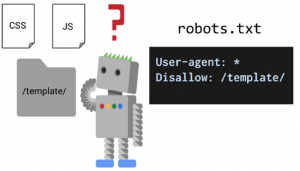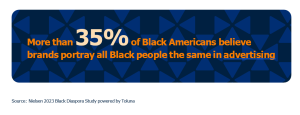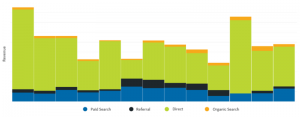Freelancing and gig work is exploding due to the COVID-19 pandemic, shedding new light on how little protection many gig workers have. In the latest case, Amazon is in the hot seat. As a result of a new ruling against Amazon Flex, federal agencies in the United States are looking to take a more involved stance in how companies treat gig workers.
Amazon Flex, a gig worker delivery arm of Amazon, was recently ordered to pay a $ 62 million USD fine to the Federal Trade Commission (FTC) for deceptive tipping practices. The FTC says it will distribute that money out to independent contractor drivers for Amazon Flex.
What signals a potential shift, though, is how the FTC responded to the case.
Acting FTC Chair Rebecca Kelly Slaughter said “We have a long history of bringing cases against bogus business opportunities and phony income claims. This case puts an internet economy spin on that history,” as reported by WIRED.
But other FTC commissioners went even further. According to WIRED, FTC commissioners asked Congress to give them power to punish companies that mislead consumers and gig workers. FTC Commission Noah Joshua Philips was clear about why the FTC was asking for this extended reach.
Clearer rules would “improve the law and improve the situation for gig economy workers,” Philips said.
Another FTC Commissioner, Rohit Chopra, said, “regulators and enforcers in the United States and around the globe can no longer turn a blind eye,” to the practices of large companies like Amazon.
Judges are siding with gig workers and freelancers more often
While the Amazon case is popular, judges have sided with gig workers multiple times in the past.
DoorDash, which recently debuted its IPO, settled a similar case in November 2020. A judge ruled the company misled customers and gig workers about how tips would be distributed. The result was a $ 2.5 million fine.
Another recent case wasn’t about gig workers, but white collar freelancers. A judge in Virginia ruled that taxing a freelance publisher was unconstitutional. The judge relied on state has laws that offer large publishers multiple tax breaks. He believed that it was unconstitutional to charge a freelancer taxes that a big company doesn’t have to pay.
More rights coming for American gig workers?
President Biden regularly talks about “building back better,” and that includes gig workers to some extent.
According to the President’s website, “ Employer misclassification of “gig economy” workers as independent contractors deprives these workers of legally mandated benefits and protections.”
President Biden cites states like California that have adopted the “ABC Test.”
According to law firm Davis Wright Tremaine, the “ABC Test” is that someone is presumed to be an employee unless they meet all three of the following criteria:
- Is free from the control and direction of the company in performing work, both practically and in the contractual agreement between the parties; and
- Performs work that is outside the usual course of the company’s business; and
- Is customarily engaged in an independently established trade, occupation, or business of the same nature as the work performed for the company.
With that in mind, President Biden’s policy promise is to “As president, Biden will work with Congress to establish a federal standard modeled on the ABC test for all labor, employment, and tax laws.”
As of right now, the US has not made any strides outside of court cases like the Amazon case. However, there is increasing precedent around the world. For example, India’s new Union Budget 2021 includes protections for freelancers and gig workers. Further, the Philippine government just introduced a Freelancer Protection Act.
Business & Finance Articles on Business 2 Community
(13)
Report Post






